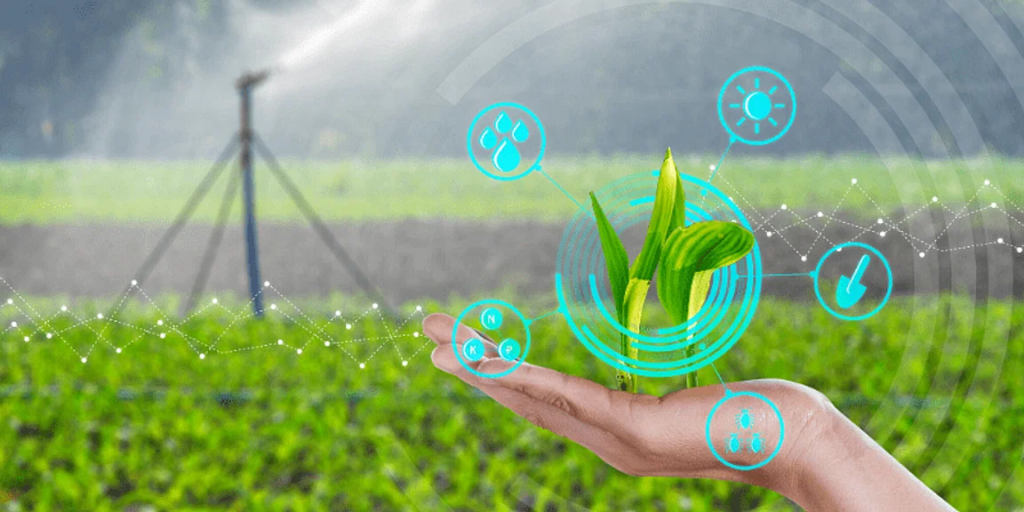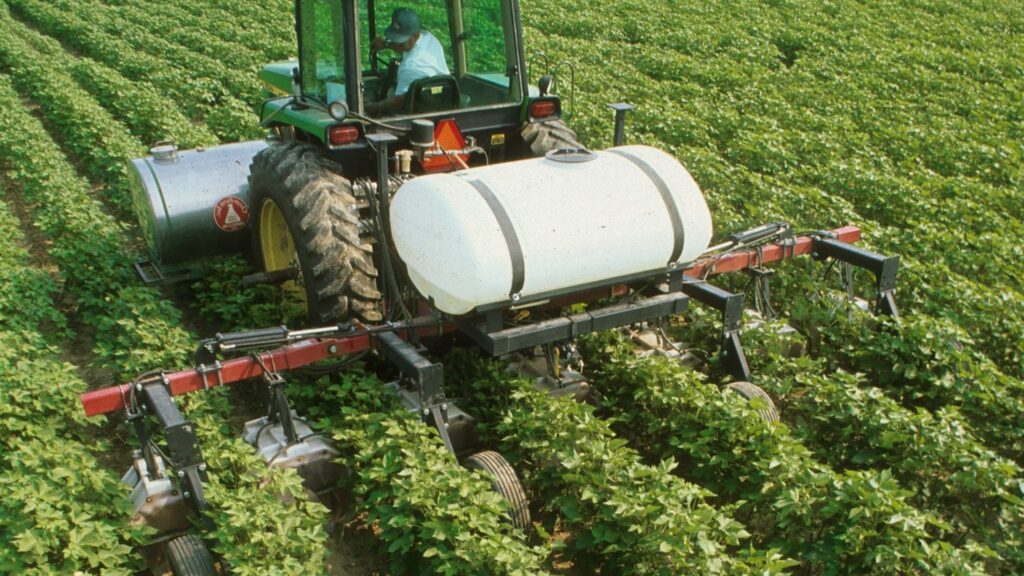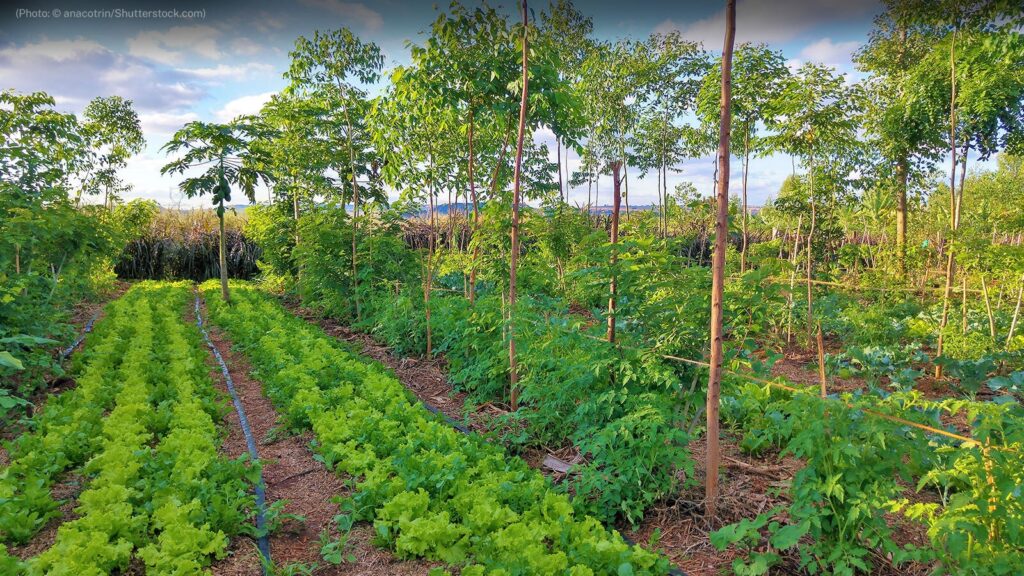In a world grappling with a growing population and the challenges of climate change, the agricultural sector faces the daunting task of feeding billions while conserving resources and mitigating environmental impact. Fortunately, innovations in agricultural technology have emerged as a beacon of hope, offering sustainable solutions to these complex issues. In this article, we will explore the groundbreaking advancements that are transforming the landscape of agriculture, ensuring food security for generations to come.
1. Introduction
The world’s population is on an upward trajectory, and estimates suggest that by 2050, we will have nearly 10 billion mouths to feed. This demographic shift poses an unprecedented challenge for agriculture. However, innovative technologies are reshaping the way we cultivate, harvest, and distribute food.

2. Precision Agriculture: A Digital Revolution
Precision agriculture leverages data-driven insights to optimize farming practices. By employing sensors, GPS technology, and drones, farmers can monitor soil conditions, crop health, and weather patterns in real-time.
3. Smart Farming and IoT Integration
The Internet of Things (IoT) has found its way into the fields. Smart farming systems use connected devices to automate tasks like irrigation, reducing water wastage and enhancing productivity.
4. The Role of Artificial Intelligence
AI algorithms analyze vast datasets to predict crop yields, detect diseases early, and optimize resource allocation, leading to higher crop quality and reduced environmental impact.
5. Genetic Engineering: Crop Improvement
Genetic modification enables the creation of crops with desirable traits such as drought resistance and higher nutritional value, addressing global food security concerns.
6. Vertical Farming: Agriculture Goes Skyward
Vertical farms utilize vertical space to grow crops indoors, using less land and water. This innovation promises year-round production and minimal pesticide use.
7. Biotechnology and Sustainable Practices
Biotechnology fosters the development of eco-friendly agricultural practices, such as biological pest control and soil health improvement, reducing the need for harmful chemicals.
8. Drones in Agriculture: A Bird’s-Eye View
Drones equipped with multispectral cameras help monitor large fields efficiently, enabling precise interventions and resource allocation.
9. Blockchain in the Food Supply Chain
Blockchain technology enhances traceability in the food supply chain, ensuring food safety, reducing fraud, and increasing transparency.
10. Climate-Resilient Crops
As climate change threatens traditional crop yields, scientists are developing climate-resilient varieties to ensure food security in the face of extreme weather events.
11. The Future of Agriculture: Automation and Robotics
Robots are taking over labor-intensive tasks, from planting and harvesting to sorting and packing, reducing the need for manual labor and increasing efficiency.
12. Challenges and Ethical Considerations
While these innovations hold immense promise, they also raise ethical concerns about genetic modification, data privacy, and the displacement of traditional farming communities.
13. Conclusion
Innovations in agricultural technology are the key to addressing the pressing challenges of feeding our growing population while safeguarding the environment. With precision agriculture, AI, genetic engineering, vertical farming, and more, we are on the cusp of a farming revolution that promises sustainable, efficient, and eco-conscious food production.



